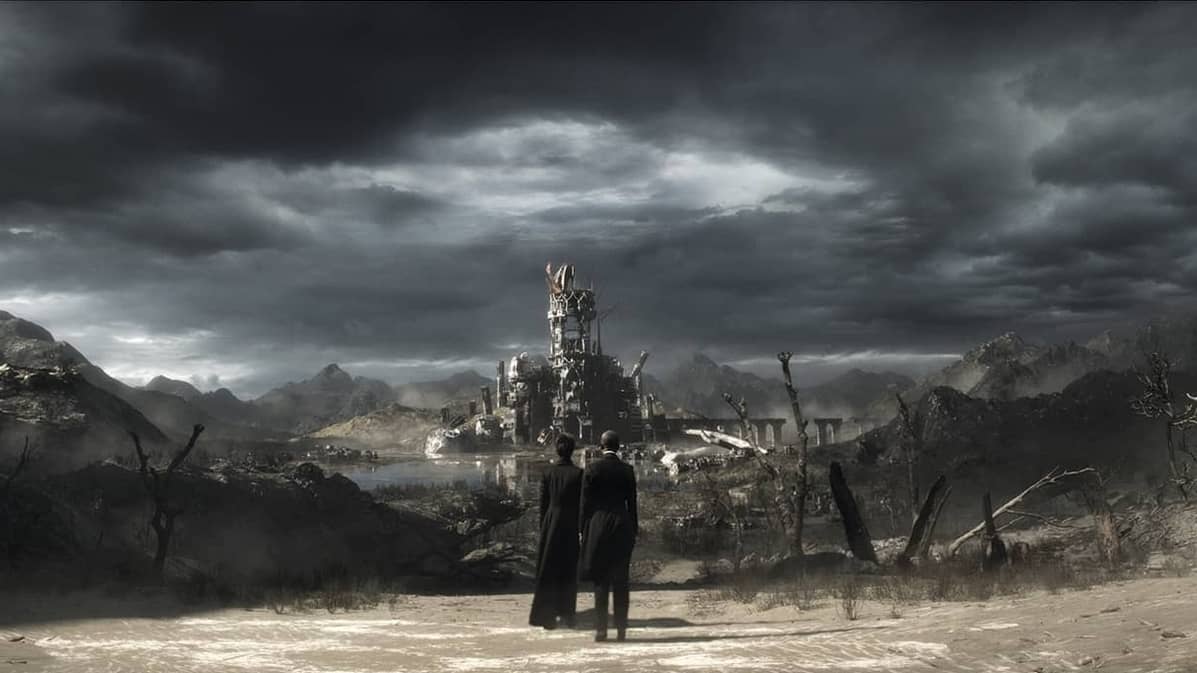‘Diversity is woven into the very soul of the story.’ If those words of praise from a rave review in a left-leaning journal sound to you about as inviting as a cup of cold sick, then my advice would be to stay well clear of The Sandman.
Neil Gaiman’s epic graphic novel series (launched in 1989), set in the world of dreams, was relentlessly inclusive long before it became the norm. ‘I wanted to change hearts and minds,’ Gaiman has said in an interview. ‘I had trans friends and still do, and it seemed to me that no one was putting trans characters into comics. And I had a comic.’
If this TV version had been made five years ago, it would probably have been considered very cutting edge. But thanks to recent developments in the world of screen comic book adaptations, it looks awkwardly dated. There’s a new mood in TV and Hollywood, exemplified by the shock cancellation of a $100 million superhero movie called Batgirl, which is widely being seen in the industry as part of a backlash against identity politics.
It reminds me of the turgid whimsy of a Tim Burton movie crossed with late-period Doctor Who
The man leading this backlash is David Zaslav, new studio boss of Warner Bros Discovery. Zaslav has reportedly had enough of the orgy of political correctness which has overwhelmed the superhero genre, in which Superman, Robin, Wonder Woman and Aquaman were all turned gay or bisexual, and where Batgirl was race swapped. ‘The best way to protect your job for the past 11 years in Hollywood was going woke. Now, overnight, it’s how you get fired,’ an insider tells me.
Well, good! And I’m not just saying this because I’m a reactionary old duffer.









Comments
Join the debate for just £1 a month
Be part of the conversation with other Spectator readers by getting your first three months for £3.
UNLOCK ACCESS Just £1 a monthAlready a subscriber? Log in